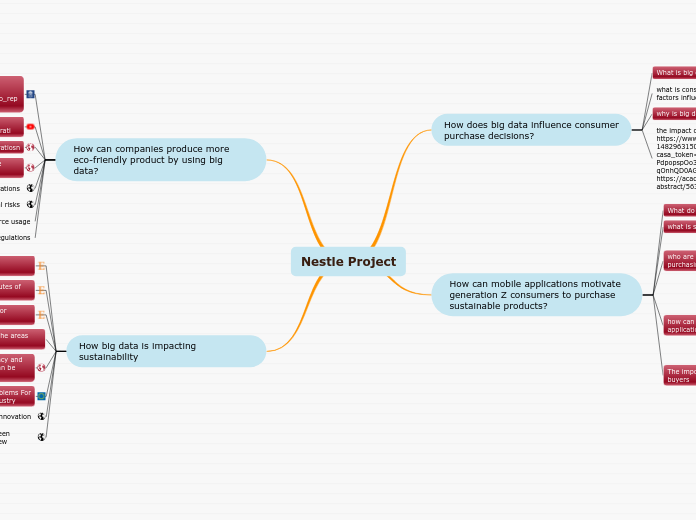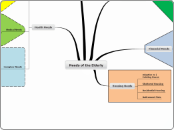av Robbie Richardson för 8 årar sedan
231
Teleworking(working from home)
Teleworking, commonly known as working from home, offers several benefits and challenges. One of the primary advantages is the elimination of commuting, which saves time and reduces stress.









